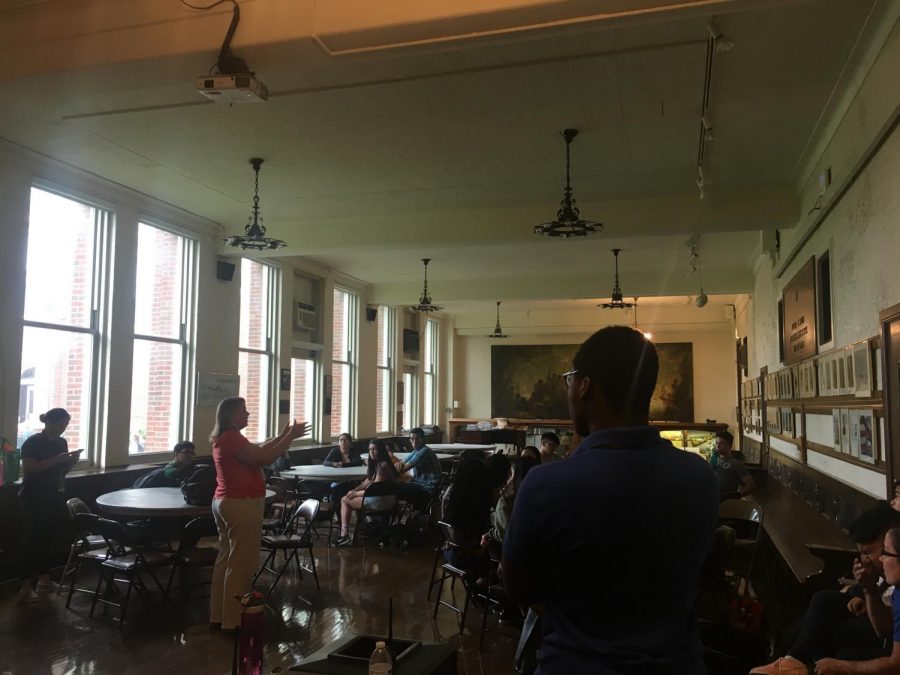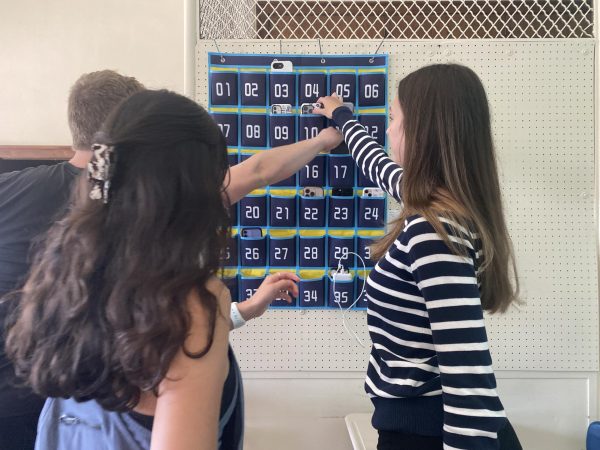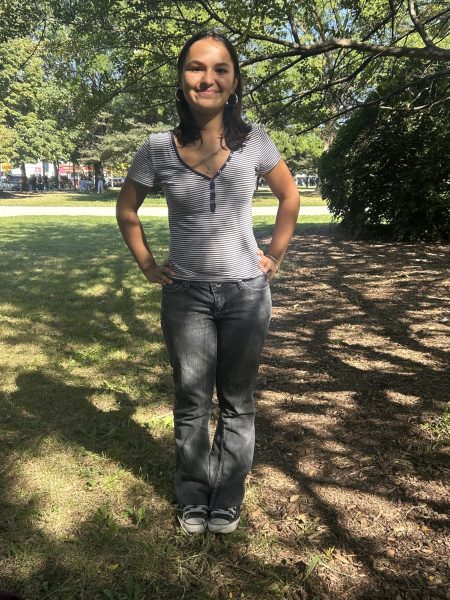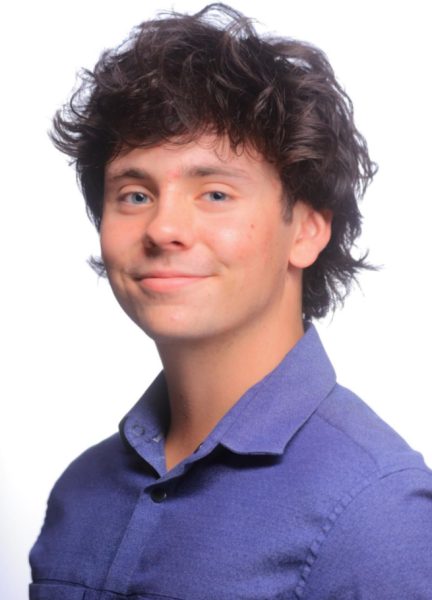The Role of Student Council
How changes in Student Council’s structure influence the duties of its members
Ms. Hanly speaking to the newly elected members of Student Council during their meeting on May 30.
When Jaden Kuykendahl, Div. 957, arrived at Lane for his freshman year, he decided to join Student Council. He served as the freshman class president.
The next year, Kuykendahl became the sophomore class president.
Kuykendahl, a current junior, is currently a vice president of Student Council. Next year he will hold the position of Student Executive Board President.
“I joined Student Council because I thought it would be a great opportunity to find leadership in this building and to influence a position change in the school environment,” he said.
Kuykendahl’s presidency comes in the second year of a newly implemented system, which has drastically changed the structure of Student Council.
“Two years ago, Lane only had a Student Council, governing officers which were at least one representative from every advisory, and then general membership,” Ms. Hanly, the assistant principal in charge of student activities, said.
Being the administrator who oversees Student Council, Hanly is able to form the Student Council’s structure.
“We looked at some other schools and how they did student government, and we kind of created guidelines for what we wanted,” Hanly said. “We have the executive board that acts as the head of everything and then we have the umbrellas for the classes.”
Student Council consists of two entities: the Executive Board and the Class Officers.
According to the Student Council Association Positional Requirements and Responsibilities, the Executive Board is responsible for planning school-wide events, creating and executing projects and being the primary communicators between the entire student body and the administration.
Class Officers are responsible for planning class-specific events and bringing class-specific concerns to the administration.
“The class officers do more grade-level unity activities, like movie nights and dodgeball tournaments,” Hanly said.
Kuykendahl started his Student Council career in a lesser role where he would be more responsible for grade-level activities.
“Freshman year there wasn’t really much because we didn’t have too much structure,” Kuykendahl said. “I helped put together social events. Last year we had movie days.”
As he has progressed through the ranks, Kuykendahl says that now he is able to plan events pertinent to the entire school, such as International Days and Homecoming.
“If a student tells me that Homecoming is boring, I can be the one to say that this year we’ll do something different and try to make it better,” Kuykendahl said. “I know that now I can directly influence these things.”
In addition to planning events, members of the Executive Board are expected to be the voice of the student body, bringing issues that concern students to the attention of the administration.
Kelly Le, a current Executive Board Vice President, described how the Executive Board divides their time between their two duties.
“Half of our meetings we talk about school issues and the other half are related to events we plan,” Le said.
“The Executive Board helps plan homecoming and stuff like that, but they are also the voice to the administration and for grade level issues,” Hanly said. “If you’re a president or vice president, you’ve got to be articulate and able to take student concerns to the administration with viable solutions.”
Le talked about the efforts made to bring concerns to the administration.
“We have been trying very hard to meet at least once a month with staff members like Mr. Tennison and vice principals,” Le said. “We’ve had meetings where we talked about mainly about what we should talk about with Tennison and Hanly.”
Additionally, Hanly stated that there are a lot of times when the administration will turn to the Executive Board when they require something of the student body or want to know a particular concern.
“It just takes us talking to kids to find out what the problems are,” she said. “It’s hard, though; with 4500 kids, it’s hard to govern.”
Additionally, Hanly expressed desire for there to be an easy way for students to directly communicate with the administration about issues going on within the school.
Hanly suggested the possibility of a digital platform for students to communicate their concerns.
“I’d like to talk to the government about having a place where students can make suggestions digitally,” Hanly said. “We do not want to squash student voice but we need to make sure it’s productive.”
Your donations directly fund the Lane Tech student journalism program—covering essential costs like website hosting and technology not supported by our school or district. Your generosity empowers our student reporters to investigate, write, and publish impactful stories that matter to our school community.
This website is more than a publishing platform—it's an archive, a research tool, and a source of truth. Every dollar helps us preserve and grow this resource so future students can learn from and build on the work being done today.
Thank you for supporting the next generation of journalists at Lane Tech College Prep!
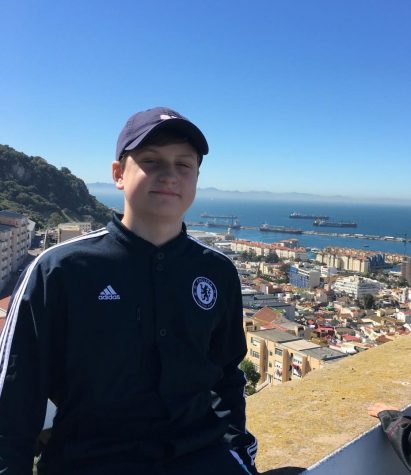
Bradley, a Senior Sports Editor, is currently in his second year on The Warrior staff. He joined last year’s staff in order to become more involved and...

